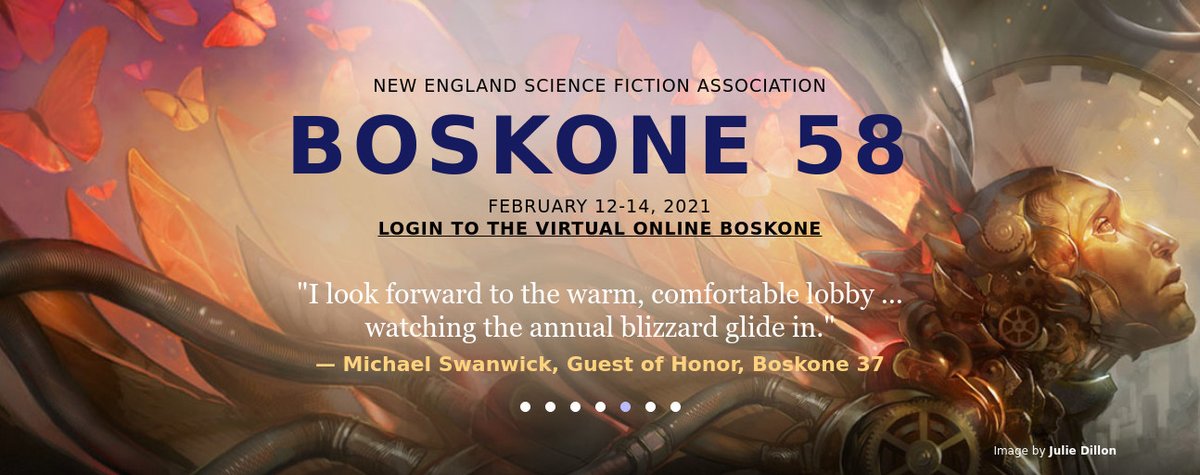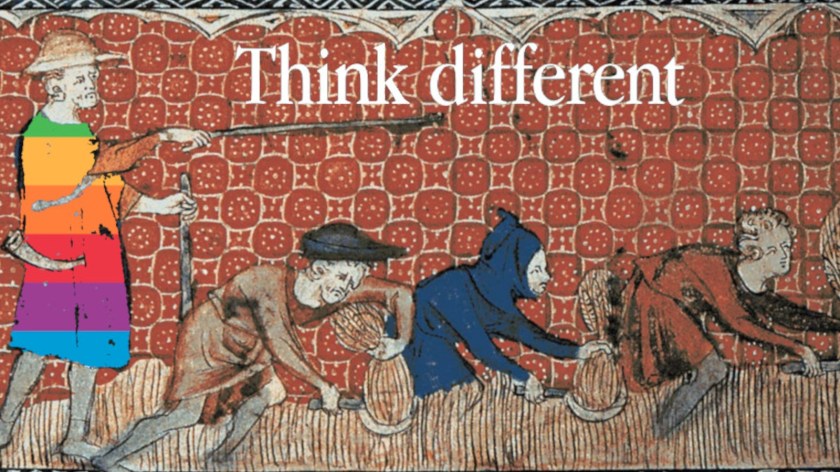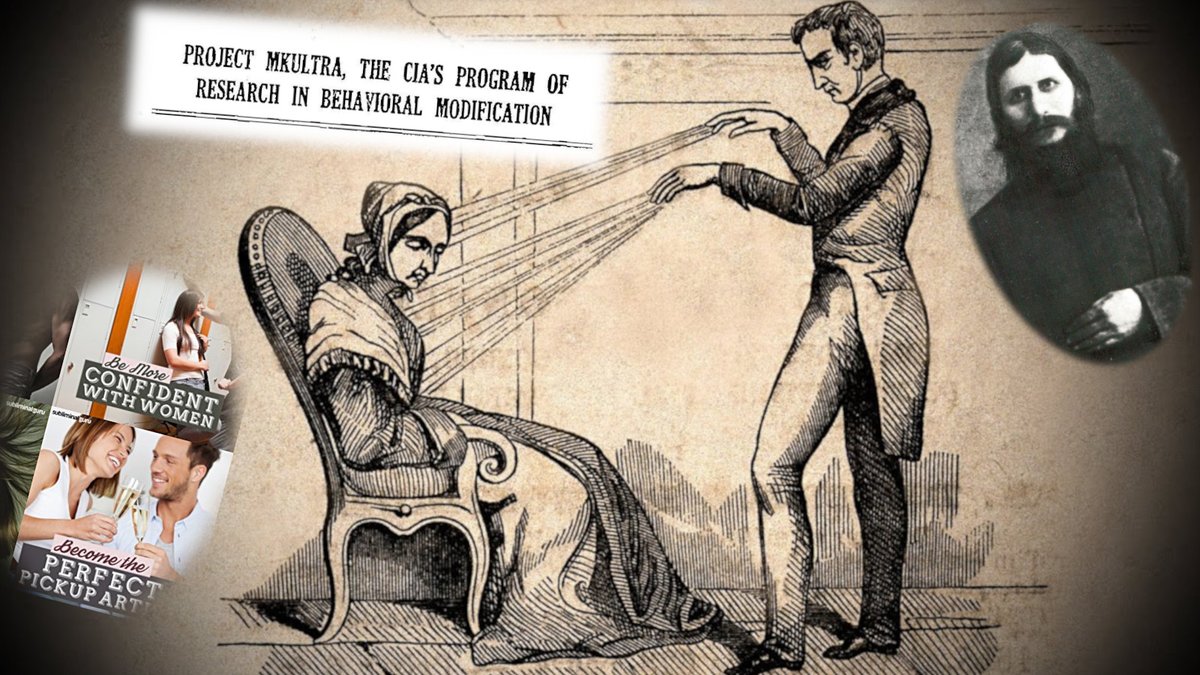
Walmart founder Sam Walton had an iron-clad rule: his buyers were not allowed to take so much as a glass of water from salespeople. He understood that favors create an involuntary urge to reciprocity, and even the tiniest kindness from a salesman would corrupt his buyers.
1/
1/

Walmart is a prolific campaign contributor, funneling millions to lawmakers under the fiction that this will not corrupt them or cloud their judgment so that they legislate to Walmart's benefit and the public's detriment.
opensecrets.org/orgs/wal-mart-…
2/
opensecrets.org/orgs/wal-mart-…
2/
This story epitomizes the contradiction of corporate lobbyists and their tame lawmakers: when corporations manage their own affairs, they place strict limits on conflicts of interest; but in the public sphere, they insist that these conflicts are immaterial.
3/
3/
A possibly related fact: the top UK Conservative Party donors gave £8.2m to the party, and then secured £881m in no-bid government contracts to provide covid-related services, many of which were spectacularly botched.
bylinetimes.com/2021/02/05/cro…
4/
bylinetimes.com/2021/02/05/cro…
4/
It's tempting to see £881m in chumocratic largesse as a 100-to-1 return on investment, but that's not precisely right. Rather, as @bylinetimes points out, it's a kind of stochastic corruption.
5/
5/
For decades, the Tories have promoted themselves as the party that would end public provision of services and replace it with fat private contracts, and so it attracted donors who valued this proposition, who then won those corrupt contracts.
6/
6/
Top Tory donors get to join the elite party "Leaders' Group," which regularly dines with the PM and their ministers, guaranteeing them insider access when contracts are being drafted.
7/
7/
114,000 Britons have died of covid.
Image: Joe Gordon (modified)
flickr.com/photos/woolama…
CC BY-NC:
creativecommons.org/licenses/by-nc…
eof/
Image: Joe Gordon (modified)
flickr.com/photos/woolama…
CC BY-NC:
creativecommons.org/licenses/by-nc…
eof/
• • •
Missing some Tweet in this thread? You can try to
force a refresh










